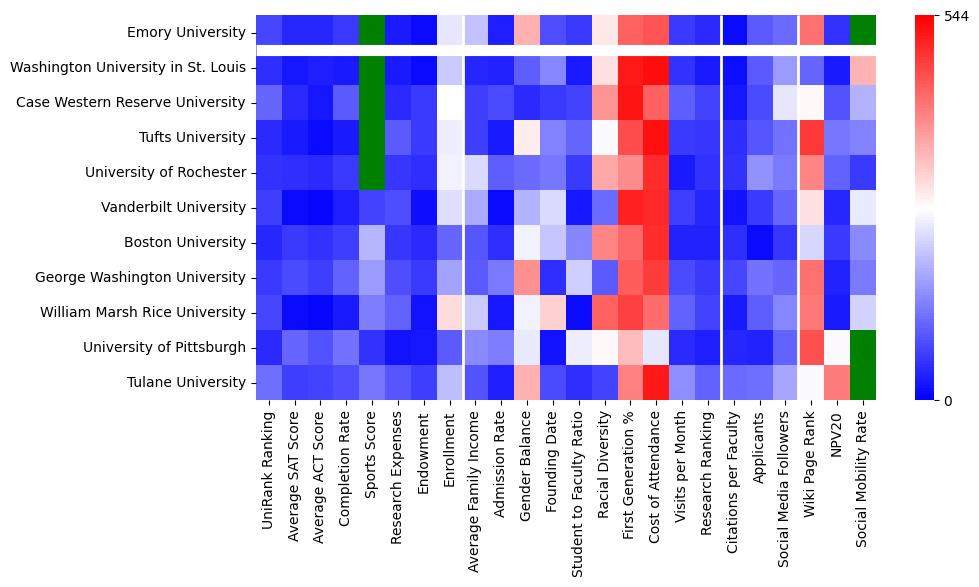Established in 1836, Emory University is a prestigious private research university located in Atlanta, Georgia. With roots tracing back to a small Methodist college in Oxford, Georgia, Emory has grown into a major academic institution renowned for its commitment to research, teaching, and service. The university is situated on a beautiful campus spanning over 600 acres in the Druid Hills neighborhood. Emory is part of a vibrant educational and cultural community, benefiting from its proximity to Atlanta's vast resources and opportunities.
Emory University stands out for its strong emphasis on interdisciplinary studies and global engagement. The university has a distinctive partnership with the Centers for Disease Control and Prevention (CDC), located right next to its campus, providing students with unparalleled opportunities in public health and research. Emory's commitment to service is exemplified by its popular community engagement initiatives and the Carter Center, founded by former U.S. President Jimmy Carter, which focuses on human rights and disease prevention worldwide. The university's strong network of alumni and connections in various industries also provides students with excellent career opportunities.
Academically, Emory is consistently ranked among the top universities in the United States, known for its rigorous academic programs and supportive learning environment. The university offers a wide range of undergraduate, graduate, and professional programs through its nine schools and colleges. Notably, the Emory School of Medicine, the Rollins School of Public Health, and the Goizueta Business School are highly acclaimed for their research output and innovative approaches to education. The liberal arts curriculum at Emory College of Arts and Sciences encourages students to think critically and engage with diverse perspectives, preparing them for successful careers in a rapidly changing world.
While Emory boasts a lot of strengths, it faces challenges like any other major institution. Some students have raised concerns about the high cost of tuition and living expenses in Atlanta, which can be prohibitive for those without significant financial aid. Additionally, the competitive nature of some programs, particularly in the pre-medical field, can be intense and stressful for students. Lastly, despite its global engagement efforts, some believe that Emory could further diversify its faculty and student body to better reflect a wide array of backgrounds and experiences. Nonetheless, Emory continues to strive for excellence and remains a top choice for students seeking a well-rounded education in a dynamic urban setting.



